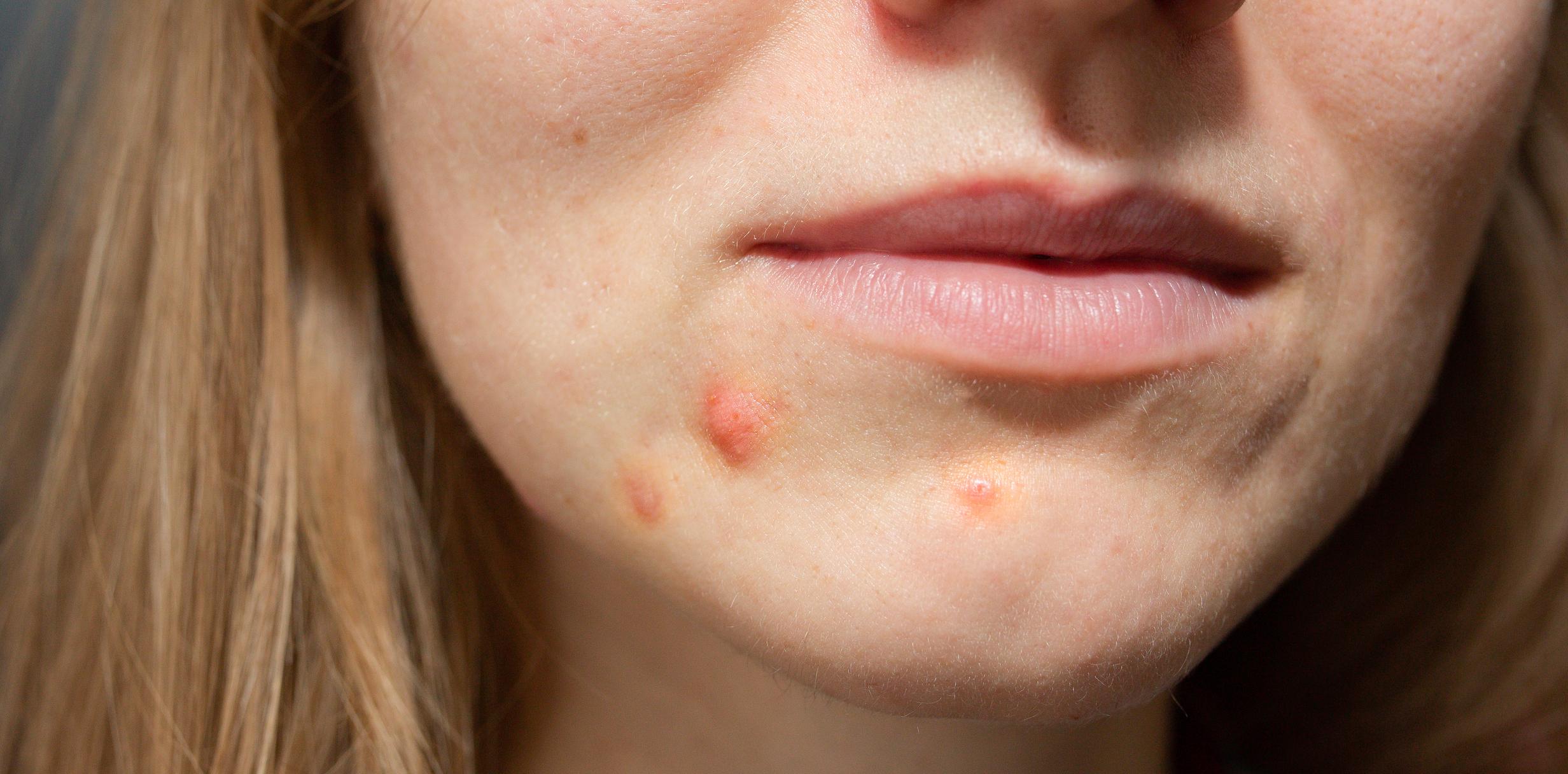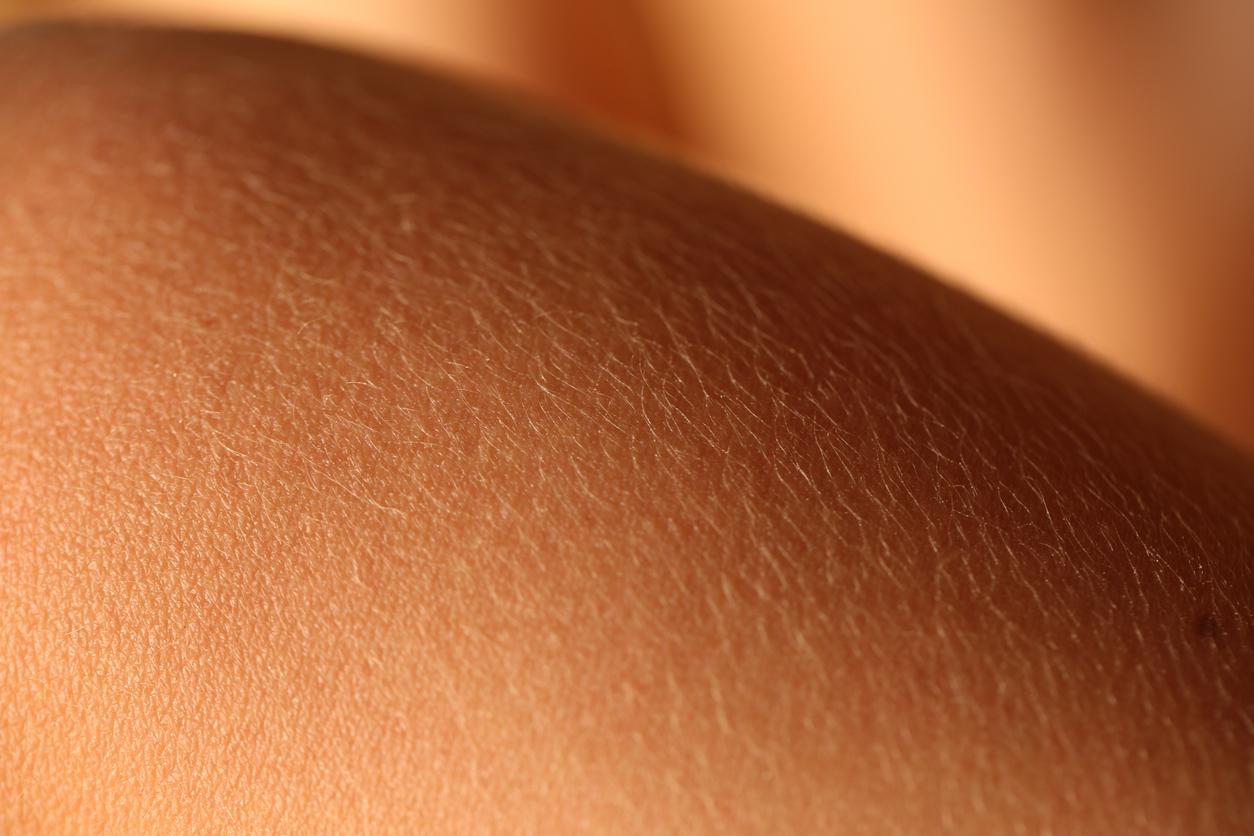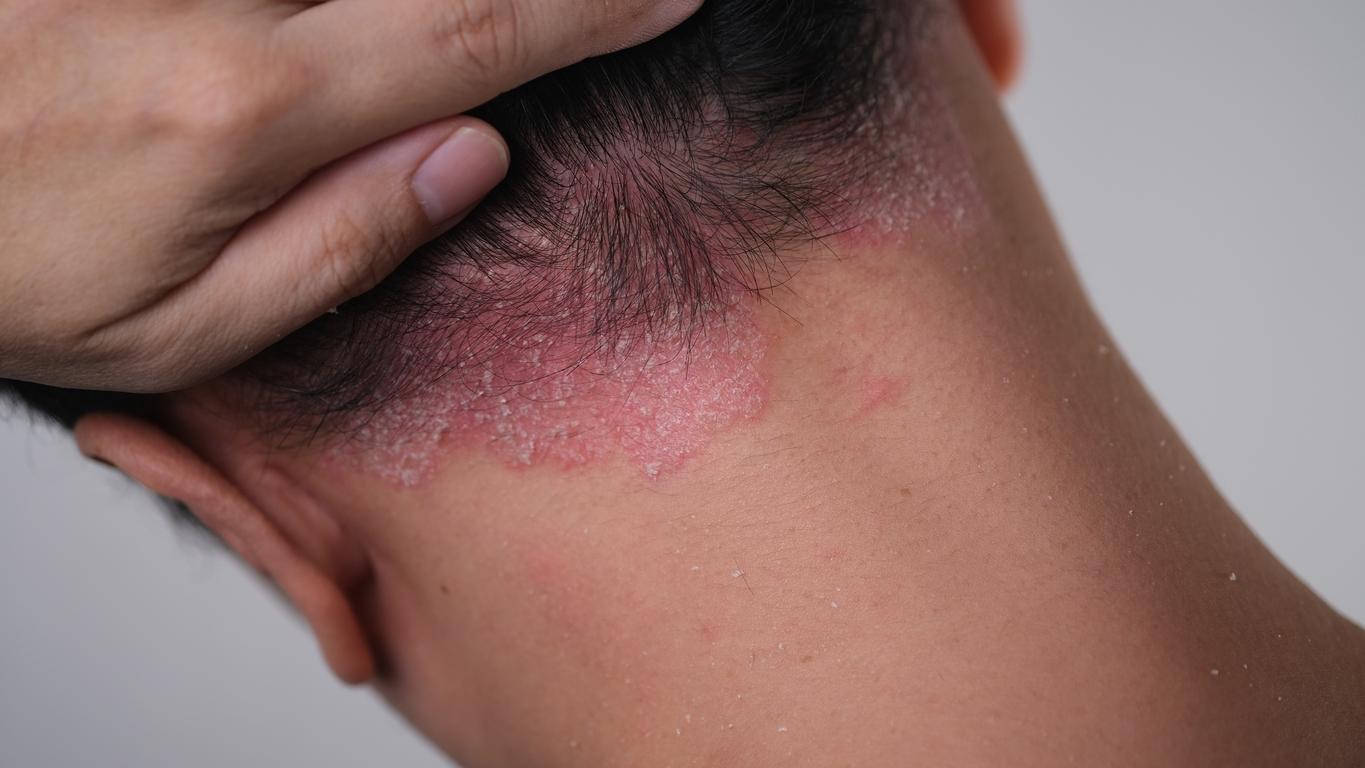Franco-American researchers have observed that the bacteria responsible for acne produce many substances essential to the good health of our skin.

- Acne is caused by the bacteria Cutibacterium acnes.
- A French-American scientific team observed that acne is beneficial for the skin.
- Acne bacteria promote temperature regulation, control water loss and the acidity of the skin.
Often very complex for adolescents, acne could actually be beneficial for the skin, according to a new study published in the journal Science Advances.
Acne, an ally for the skin
Acne is caused by the bacteria Cutibacterium acnes, which can cause painful breakouts. Spotted by the scientific magazine Epsiloonthis research was carried out by a Franco-American team, which examined the life cycle of this bacteria.
For the purposes of the study, the scientists carried out an analysis of the response of human keratinocytes, cells making up a major part of the epidermis, to several different commensal bacteria on the skin. They then noted that the Cutibacterium acnes bacteria induces a strong increase in essential lipids – it multiplies them by three -, in particular triglycerides, ceramides, cholesterol and free fatty acids. These substances are essential to the good health of our skin. A similar response was observed in the epidermis of mice and in human skin with acne, the researchers said.
The Cutibacterium acne bacteria provides a barrier against pathogens
During his column on France InfoMathilde Fontez, editor-in-chief of the magazine Epsiloon also clarified that acne bacteria promote temperature regulation, control water loss as well as the acidity of the skin. “They form a barrier against pathogenic bacteria, for example Staphylococcus aureus. They play an anti-inflammatory role. They even promote the production of an acid which protects the skin against UVB. And more generally, acne has a “influences the entire community of bacteria found on our skin. It is, in a way, at the head of our microbiota – the balance of which we know is crucial.”she stressed.
Acne is therefore beneficial for our body, but how can we explain the appearance of pimples? According to researchers, the rashes are caused by poor communication between the host and the bacteria. This element of response could therefore open the way to new research which would make it possible to better treat this inflammation without eradicating acne.


















